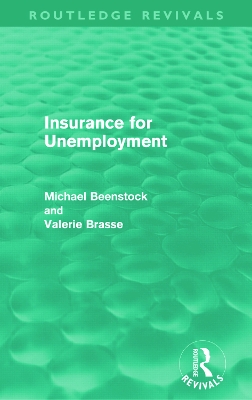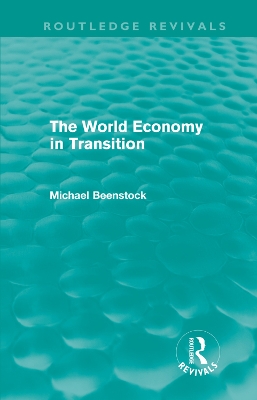Routledge Revivals
2 total works
First published in 1986, Insurance for Unemployment proposes a radical approach to the reform of unemployment and social insurance. The book develops the ethical, economic and actuarial case for the proposed reforms, whereby the individual pays the contributions which reflect the unemployment risk that he wishes to insure. Such ideas provide a libertarian alternative to the social security systems that have been adopted by most countries in the world based on Beveridge’s conception of social insurance, and the book provides an original basis for privatising unemployment insurance. Conventional acceptance of the welfare state is challenged, while the book stands as a landmark in relating market principles to issues of social policy.
First published in 1984, Michael Beenstock develops in The World Economy in Transition an original, stimulating and accessible analysis of the world economy in its many aspects, and this second edition includes a chapter on the International Banking Crisis in line with the author’s Transition Theory. The book embraces numerous strands of economic debate as the author provides a powerful and original thesis which focuses on the changing economic relationship between developed and developing nations as well as between manufacturing and primary producing sectors. The analysis also extends to international trade, commodity markets, international finance, energy and economic history. The book discusses, in addition to Transition Theory, other global approaches to the subject, including technology diffusion, long waves, commodity price effects and the oil price hikes, and the insights of Transition Theory are also applied to the historical experience of the British economy, concluding with an evaluation of policy implications.

